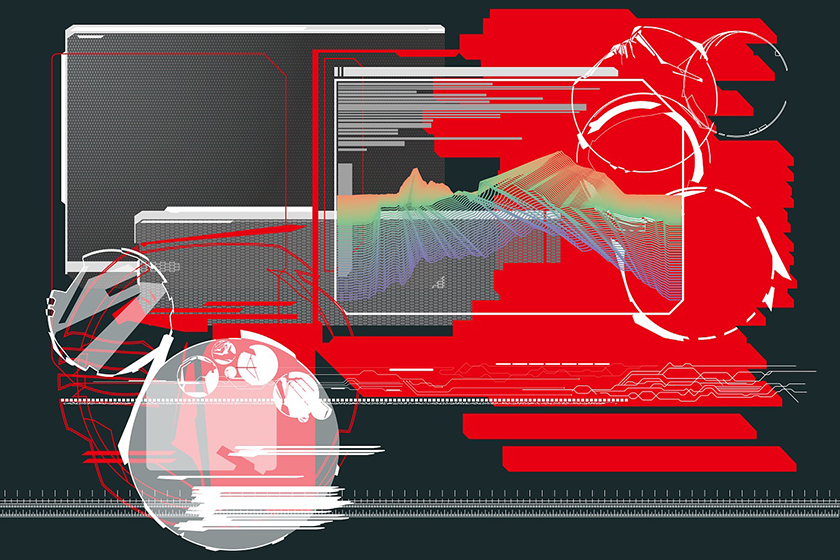Autonomous Legal Reasoning: Legal and Ethical Issues in the Technologies of Conflict
One of the highlights of my Fall semester was the opportunity to host a one-day workshop at Temple Law on how autonomous technology may impact the future of international humanitarian law (IHL) and the lawyers who practice it. With co-sponsorship from the International Committee of the Red Cross (specifically, Rob Ramey and Tracey Begley) as well as Gary Brown of Marine Corps University, we wanted to have an inter-disciplinary conversation on the way autonomy may implicate the practice of law across a range of new technologies, including cyberwar, drones, and the potential for fully autonomous lethal weapons. Although these technologies share common characteristics — most notably their ability (and sometimes their need) to operate in the absence of direct human control — discursive silos have emerged where these technologies tend to be discussed in isolation. Our workshop sought to bridge this divide by including experts on all three technologies from an array of disciplinary backgrounds, including IHL, political science, and ethics (see here for a list of participants). Fortunately, the day itself lived up to the hype, with a detailed …


